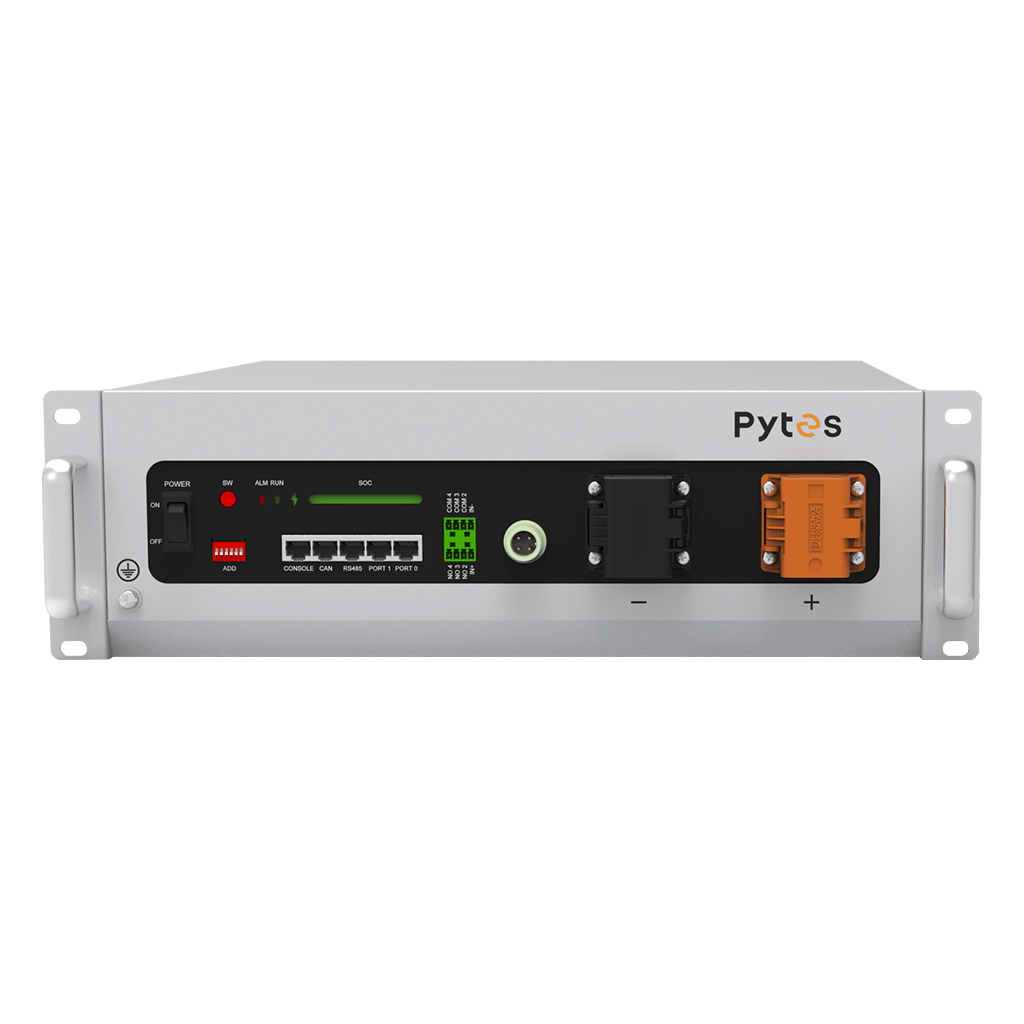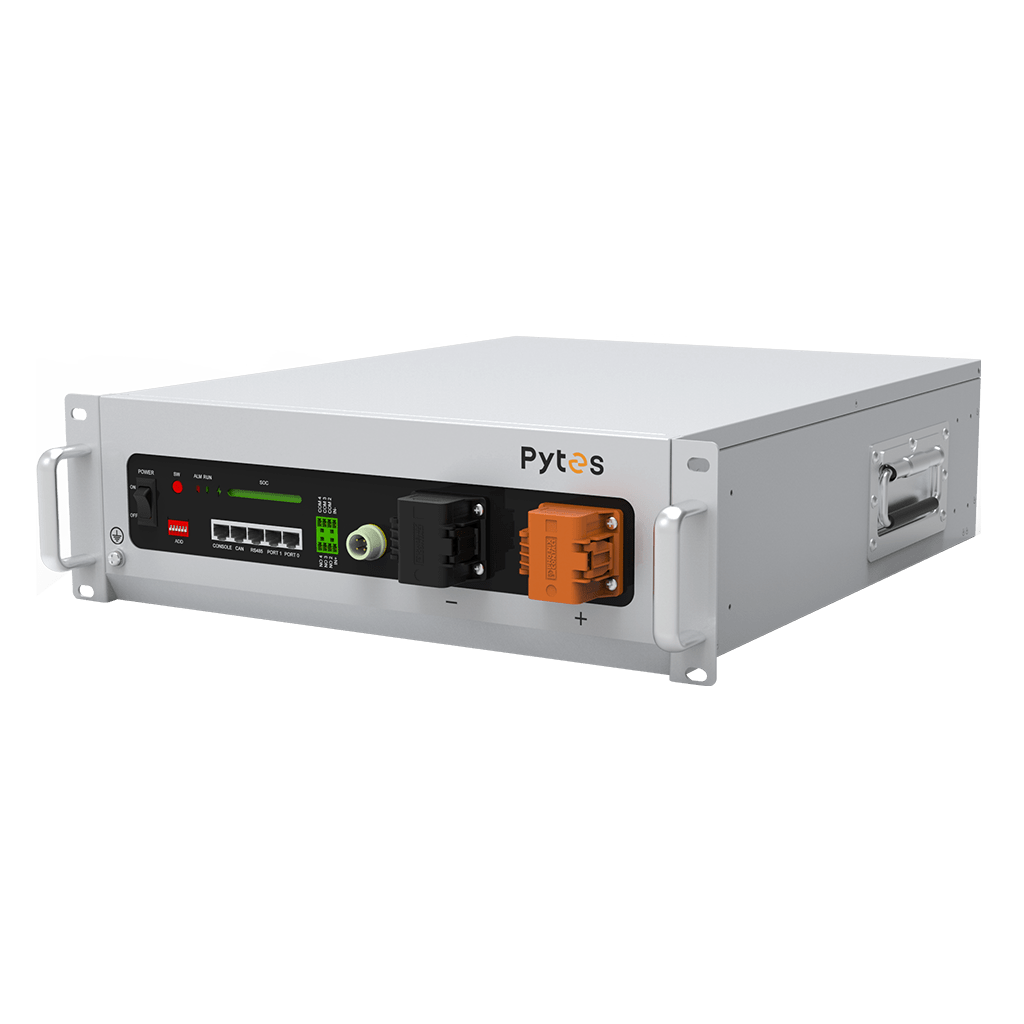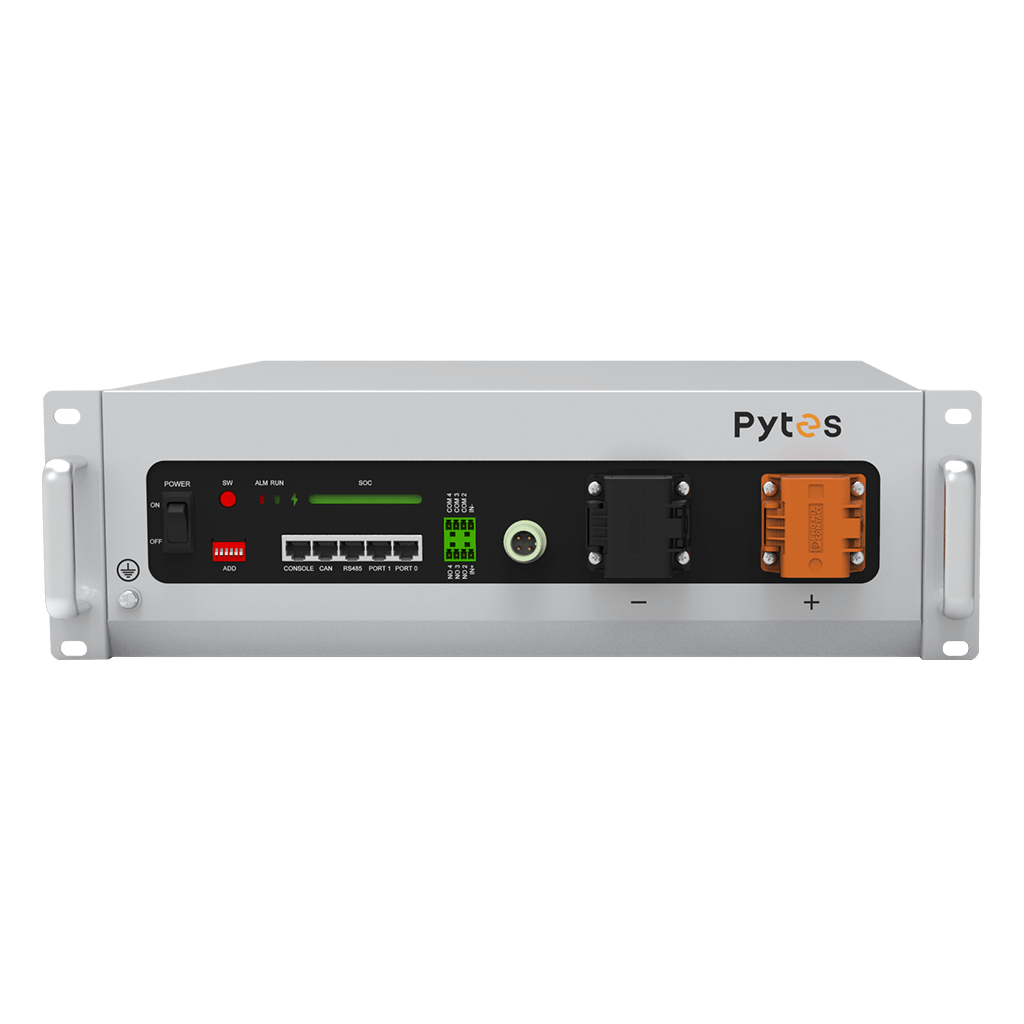In today's modern world, uninterrupted power is essential to our daily lives, and home battery backup systems have become a reliable solution. These systems provide homeowners with backup power during power outages, ensuring uninterrupted power. In this blog post, we will take a deep dive into the benefits of home battery backup systems.
Components of a Home Battery Backup System
Home battery backup systems consist of several key components that work together to provide backup power during outages. These components include:
1. Batteries: The heart of the system, batteries store the excess energy generated from renewable sources like solar panels. They come in different types, including lead-acid and lithium-ion batteries. Lead-acid batteries are traditional and affordable but have a limited lifespan and lower energy density. On the other hand, lithium-ion batteries are more expensive upfront but offer higher energy density, a longer lifespan, and faster charging capabilities.
2. Inverter: The inverter is responsible for converting the direct current (DC) stored in the batteries into alternating current (AC) that can be used to power household appliances and devices.
Charge Controller: The charge controller regulates the charging and discharging of the batteries to optimize their lifespan. It ensures that the batteries are charged efficiently and prevents overcharging or overdischarging, which can damage the batteries
3.Monitoring System: A monitoring system provides real-time data on energy production, consumption, and battery status. It allows homeowners to track their energy usage, monitor the battery levels, and identify any issues with the system.

The Advantages of Home Battery Backup Systems
1.Energy Independence:
One of the primary advantages of home battery backup systems is the ability to achieve energy independence. By storing excess energy generated from renewable sources like solar panels, homeowners can reduce their reliance on the grid. This not only provides peace of mind during power outages but also contributes to a more sustainable and eco-friendly lifestyle.
2.Time-of-Use Optimization:
Many utility companies implement time-of-use (TOU) pricing, where electricity rates vary based on the time of day. Home battery backup systems allow homeowners to take advantage of TOU pricing by storing energy during off-peak hours and using it during peak hours. This flexibility helps to minimize electricity costs and maximize savings.
3.Grid Support and Resilience:
Home battery backup systems can also contribute to the overall stability and resilience of the electrical grid. By storing excess energy during periods of low demand and supplying it back to the grid during peak demand, these systems help to balance the load and reduce strain on the grid. This grid support function is particularly valuable in areas prone to frequent power outages or regions with unreliable grid infrastructure.
4.Scalability and Expandability:
Home battery backup systems offer scalability and expandability options. Homeowners can start with a smaller system and gradually add more batteries as their energy needs grow. This flexibility allows homeowners to customize their backup power solution based on their specific requirements and budget.
Home Battery Backup Systems Solution: Pytes V5° Home LFP Batteries
Pytes V5°LFP battery is a new type of rechargeable lithium iron phosphate battery developed and manufactured by Pytes. It is a home solar battery energy storage system with intelligent applications. Currently, Pytes V5° has passed UL 9540 certification and is compatible with most inverters on the market.
1.Features of Pytes V5° Home Battery
A.Remote monitoring and upgrade capabilities for easy performance monitoring and software updates. With remote monitoring and upgrade capabilities, users can easily monitor and optimize the performance of their batteries from anywhere
B. Higher charge and discharge rates for rapid energy storage and utilization.
C. Wider operating temperature range for efficient operation in a variety of climates.
D. Higher energy density for more energy storage in a compact design.
E.Greater scalability, allowing users to expand their energy storage capacity as needed.
2. Advantages of Pytes V5° Home Battery
A. On-demand expansion
Pytes V5° can also be expanded as needed, up to 491.52kWh (with wheels), and a group can support up to 16 units in parallel.
B. Self-heating function
Another major advantage of Pytes V5° is the self-heating function, which can automatically start heating in cold environments to ensure normal use and battery life.
3. How the Pytes V5° Home Battery Works
The Pytes V5° works by allowing homeowners to be more energy independent by storing excess solar energy. This stored energy can be used during periods of low solar generation or during power outages.

Installation Process of Home Battery Backup Systems
A. Evaluating Energy Needs:
Before installing a home battery backup system, it is important to evaluate energy needs. Identify the essential appliances and devices that will require backup power during a power outage. Calculate the total energy consumption of these devices to determine the required battery capacity.
B. Choosing the Right System:
When choosing a home battery backup system, consider factors such as budget, available space, and energy requirements. If you have any questions about home battery backup systems, please contact Pytes. Our professional technicians can help you choose the right system for your specific needs and provide installation and maintenance guidance.

Conclusion
Home battery backup systems offer homeowners a reliable solution for uninterrupted power supply during outages. By understanding the components, installation process and benefits of these systems, homeowners can make informed decisions about implementing them in their homes. With the increasing demand for renewable energy and the need for resilient power solutions, home battery backup systems are poised to play a crucial role in our energy future.
The Cost-Effectiveness of Home LFP Batteries: A Comparative Analysis
